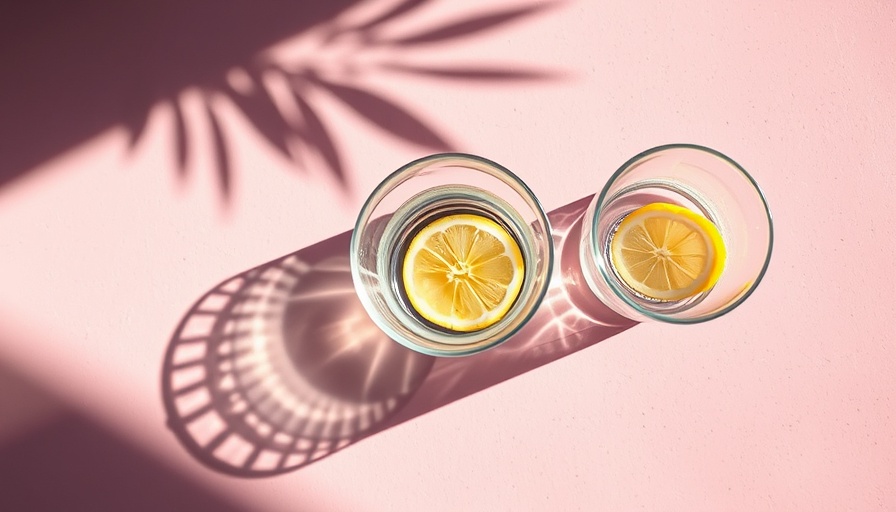
Rethinking Hydration: Why Eight Glasses Might Not Be Enough
The common advice of drinking eight 8-ounce glasses of water a day is well-known, yet it may not apply universally to everyone. In fact, individual hydration needs can vary vastly based on several factors, including age, sex, activity level, and climate. For healthcare professionals and patients alike, understanding these nuances is crucial for adopting a personalized approach to hydration.
Personalized Hydration: A Tailored Approach
Like nutrition, hydration is not a one-size-fits-all equation. For instance, athletes may require more fluids to replace losses during intense workouts, while older adults, who may feel less thirsty, could need reminders and strategies to ensure adequate intake. Patients should consider their unique lifestyle and health conditions and consult with professionals for tailored guidance.
The Role of Foods in Hydration
Beyond water, many nutrient-rich foods contribute to hydration. Fruits and vegetables like cucumbers, oranges, and watermelons are over 90% water and serve as excellent sources of hydration. Additionally, incorporating a balanced diet rich in whole foods can provide essential nutrients and hydration simultaneously, supporting overall health.
Understanding the Signs of Dehydration
Recognizing the signs of dehydration is key for proactive health management. Symptoms such as dry mouth, fatigue, and dizziness can indicate that your body needs more fluids. Engaging local health resources to educate and promote hydration can empower communities to make informed choices about their water intake and overall well-being.
If you want to learn more about how proper hydration and nutrition can affect your health, call us at 984-238-6164 or email us at tom@mywellnesstrain.com. Understanding your hydration needs is a step towards better health and vitality.
 Add Row
Add Row  Add
Add 




Write A Comment